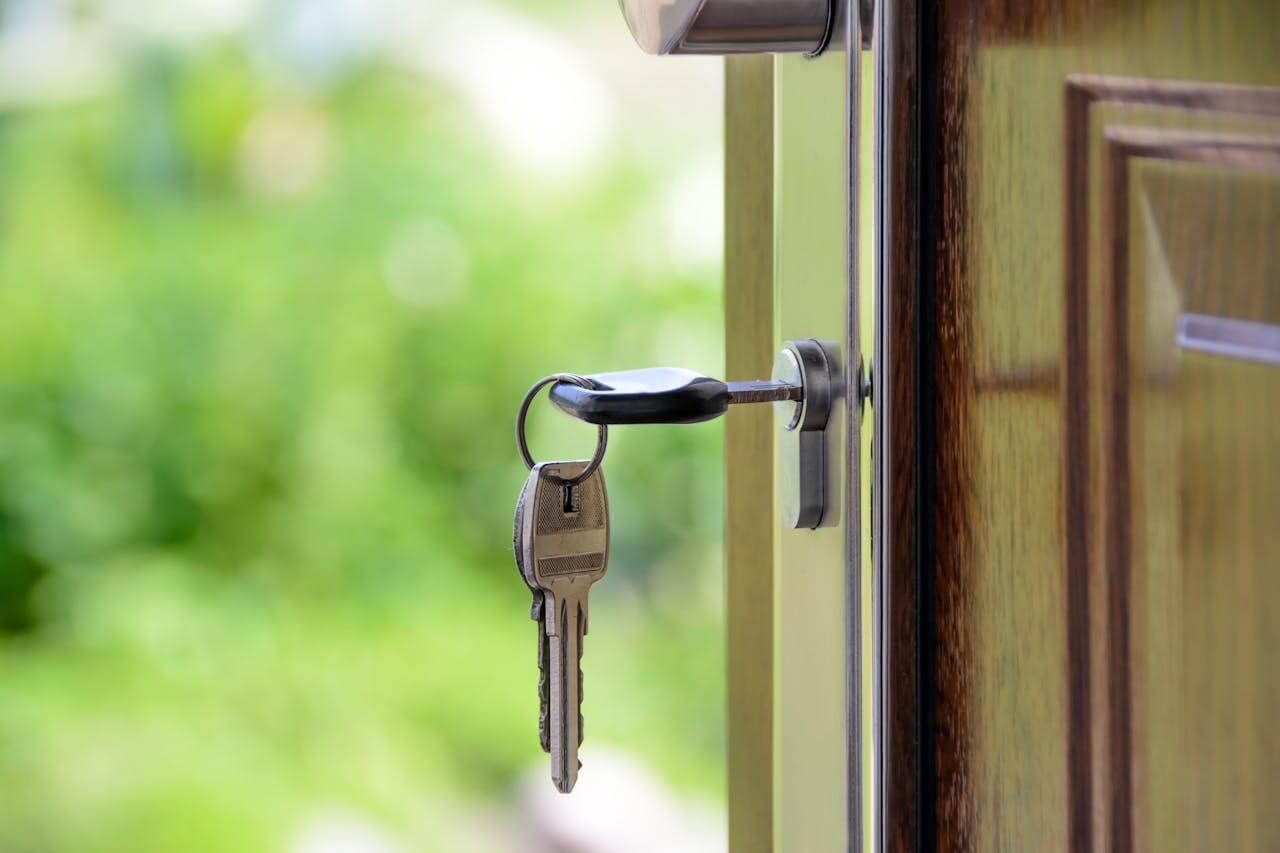
What is a Senior Stretch Loan?
A senior stretch loan can help you purchase a property …
You can only apply for a homeowner loan if you own a property or hold equity in a house in the UK. This is because a homeowner loan is granted on the basis of being secured against your property.
Home equity refers to the percentage of your home that you own outright if you have a mortgage. The best way to calculate equity is to subtract the amount outstanding from the market value of your property.
For example, if you purchase a house for £400,000 and put a 20 percent down payment this equals £80,000 plus a mortgage, then your home equity will be £80,000 in total.
The home equity you have will be what you can put down as security for your loan.
Yes, you can do so through the value of your property increasing, or through making additional mortgage repayments.
With a homeowner loan, you:
The exact amount will depend on the lender as well as:
Every homeowner loan will have a maximum loan to value. this refers to the amount of money the lender will provide, based on the property’s value.
For example: if you had a home worth £300,000 and wanted to borrow £60,000, this would be a loan to value of 20%.
There are a variety of reasons why one may decide to borrow a large amount of money through a homeowner loan. Common uses include home improvements such as renovating the kitchen, adding an extension or paying off existing debts.
To find the best-secured loan available you need to:

A senior stretch loan can help you purchase a property …

A mortgage offer officially lasts for 3-6 months depending on …

If you have purchased a car through a dealership using …